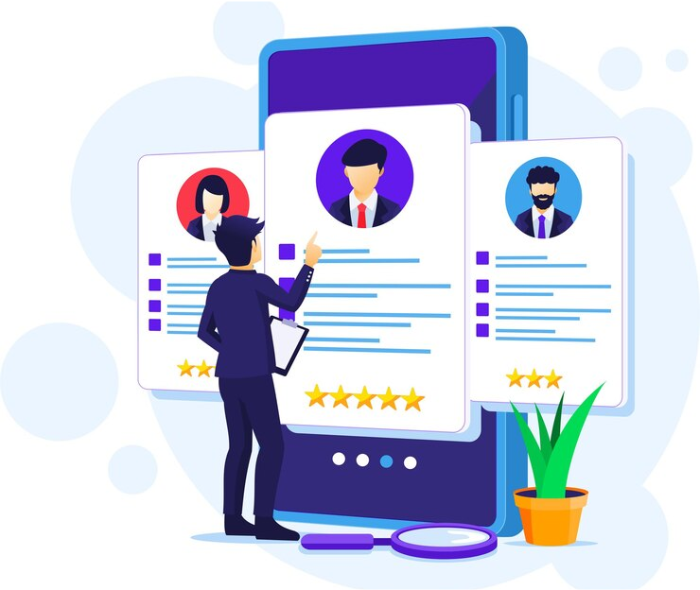Understanding your ideal customer is crucial for business growth. Without a clear customer profile, marketing efforts can feel like a shot in the dark. An Ideal Customer Profile (ICP) helps businesses target the right audience, maximize ROI, and create meaningful customer relationships. In this guide, we’ll walk you through 10 proven steps to build an ICP that actually works, ensuring your brand connects with the right people effectively.
Build Ideal Customer Profile
1. Define Your Business Goals
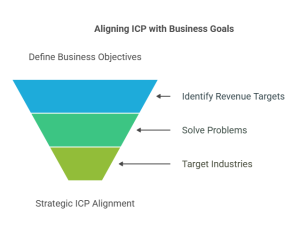
Before identifying your ideal customer, define your business objectives. Ask yourself:
- What are your revenue targets?
- What problems do you solve?
- What industries benefit most from your solution?
Aligning your ICP with your business goals ensures a strategic approach that leads to sustained growth.
2. Analyze Your Best Customers
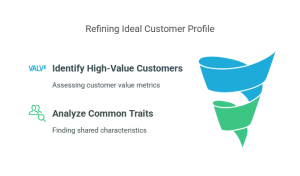
Look at your existing customers and identify the ones who bring the most value. Consider:
- Lifetime value (LTV)
- Retention rates
- Customer satisfaction
By studying your most successful relationships, you can find common traits and use them to refine your ICP.
3. Identify Key Demographics

Demographics provide essential information about your target audience. Key factors include:
- Age
- Gender
- Location
- Income level
- Education
Knowing these details helps you tailor marketing messages and improve targeting accuracy.
4. Understand Psychographics
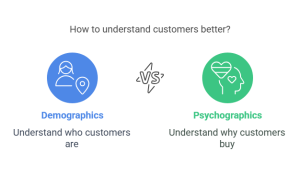
Demographics tell you who your customers are, while psychographics reveal why they buy. Analyze:
- Interests and hobbies
- Values and beliefs
- Buying motivations
- Lifestyle choices
This data allows for more personalized marketing and better engagement.
5. Pinpoint Pain Points and Challenges

Understanding your customers’ pain points is critical. Conduct surveys, interviews, and research to discover:
- What challenges do they face?
- What solutions have they tried?
- What frustrations do they have with current options?
Your business should position itself as the perfect solution to their problems.
6. Analyze Customer Behavior
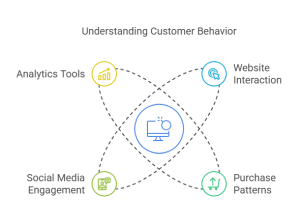
Tracking customer behavior gives insight into their preferences. Examine:
- How they interact with your website
- Purchase patterns
- Engagement on social media
Using analytics tools like Google Analytics and heat maps can provide valuable behavioral insights.
7. Research Industry Trends and Competitors
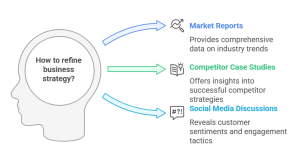
Stay ahead of the curve by researching industry trends and competitor strategies. Look at:
- Market reports
- Competitor case studies
- Social media discussions
Understanding how competitors attract and retain customers can help refine your approach.
8. Use Data-Driven Insights
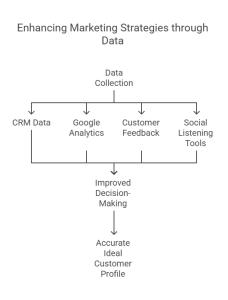
Data-driven marketing improves decision-making. Leverage:
- CRM data
- Google Analytics
- Customer feedback
- Social listening tools
The more data you collect, the more accurate your ICP becomes.
9. Create Customer Segments
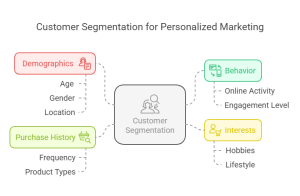
Not all customers are the same. Divide them into segments based on:
- Behavior
- Demographics
- Interests
- Purchase history
This allows you to personalize marketing efforts and increase conversions.
10. Continuously Refine Your ICP
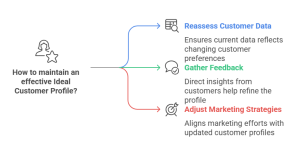
An Ideal Customer Profile is never static. As your business grows, so do customer preferences. Regularly:
- Reassess customer data
- Gather feedback
- Adjust marketing strategies
A well-maintained ICP ensures your marketing stays effective and relevant.
Conclusion
Building an Ideal Customer Profile is a game-changer for businesses looking to optimize marketing efforts and increase revenue. By following these 10 actionable steps, you can create a profile that not only attracts the right customers but also helps build long-term relationships. Remember, a refined and data-driven ICP is the foundation of sustainable business growth.
Boost your marketing with our verified Technology Users List. Connect with top tech decision-makers and grow your business. Get accurate data today!
